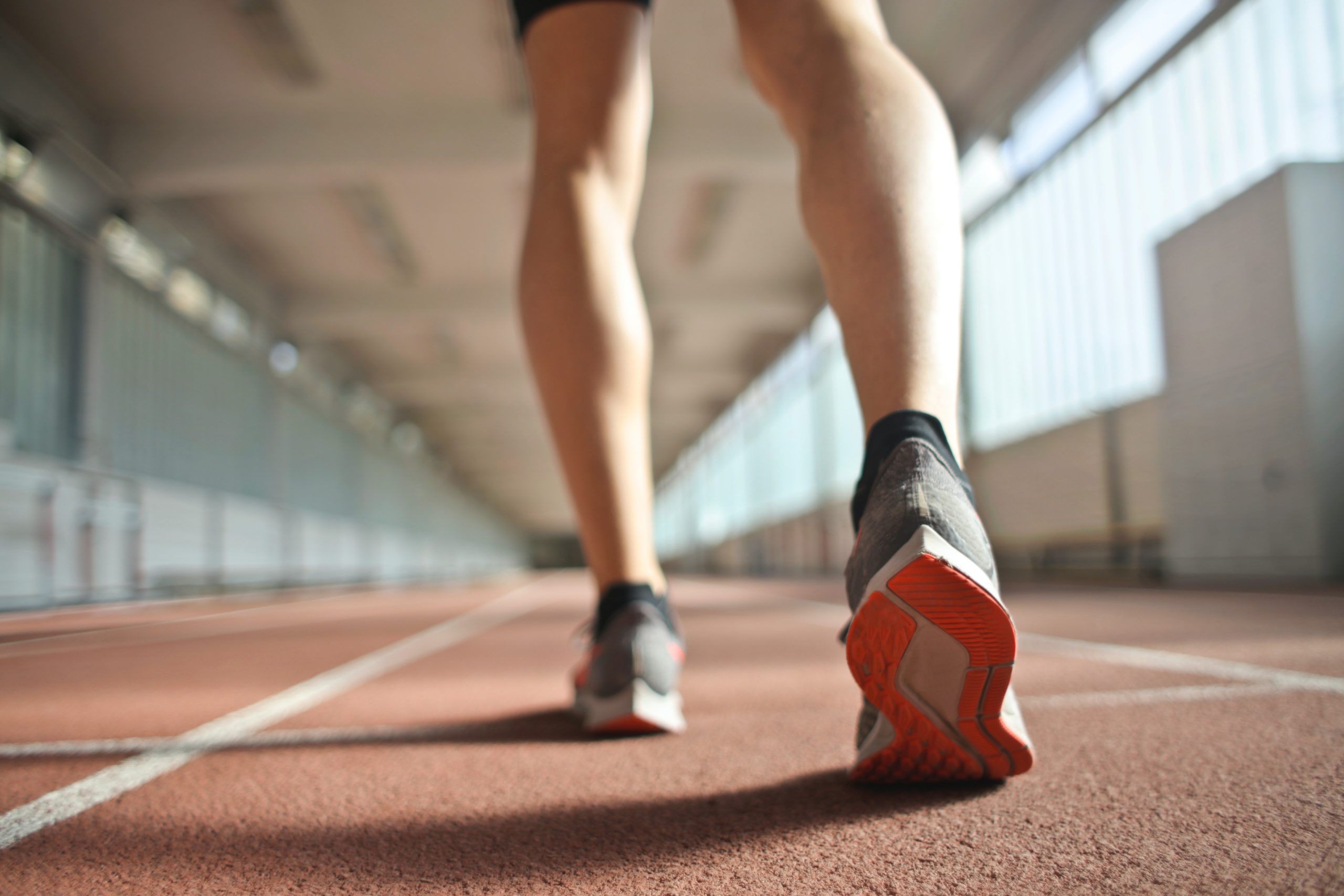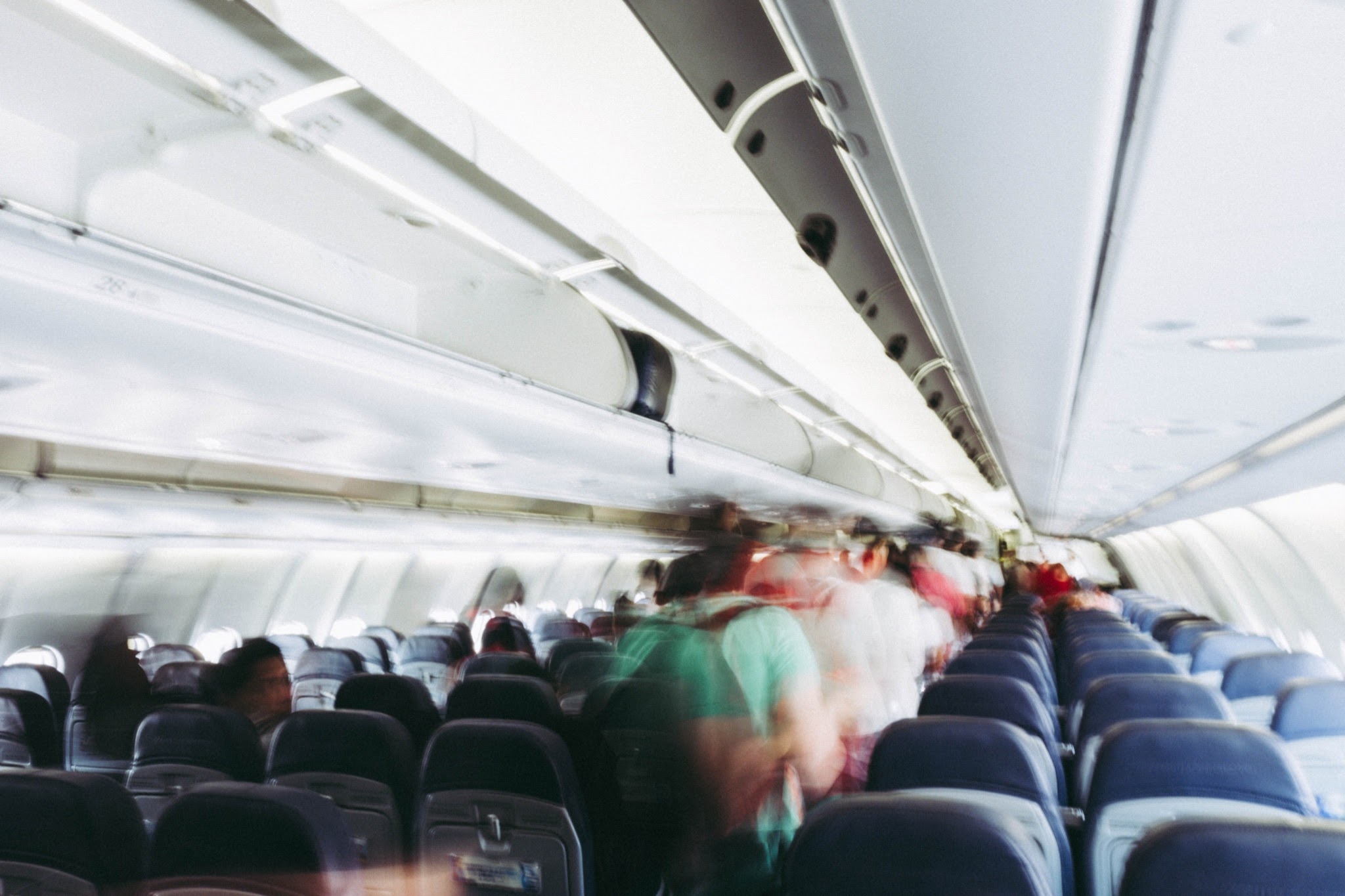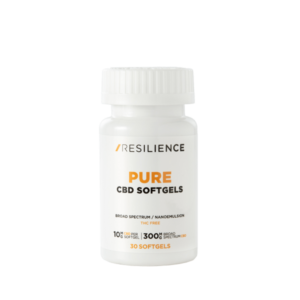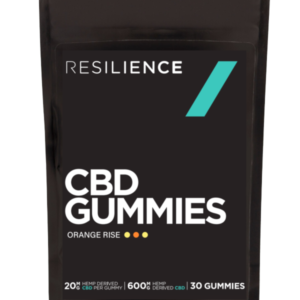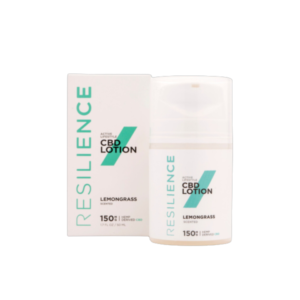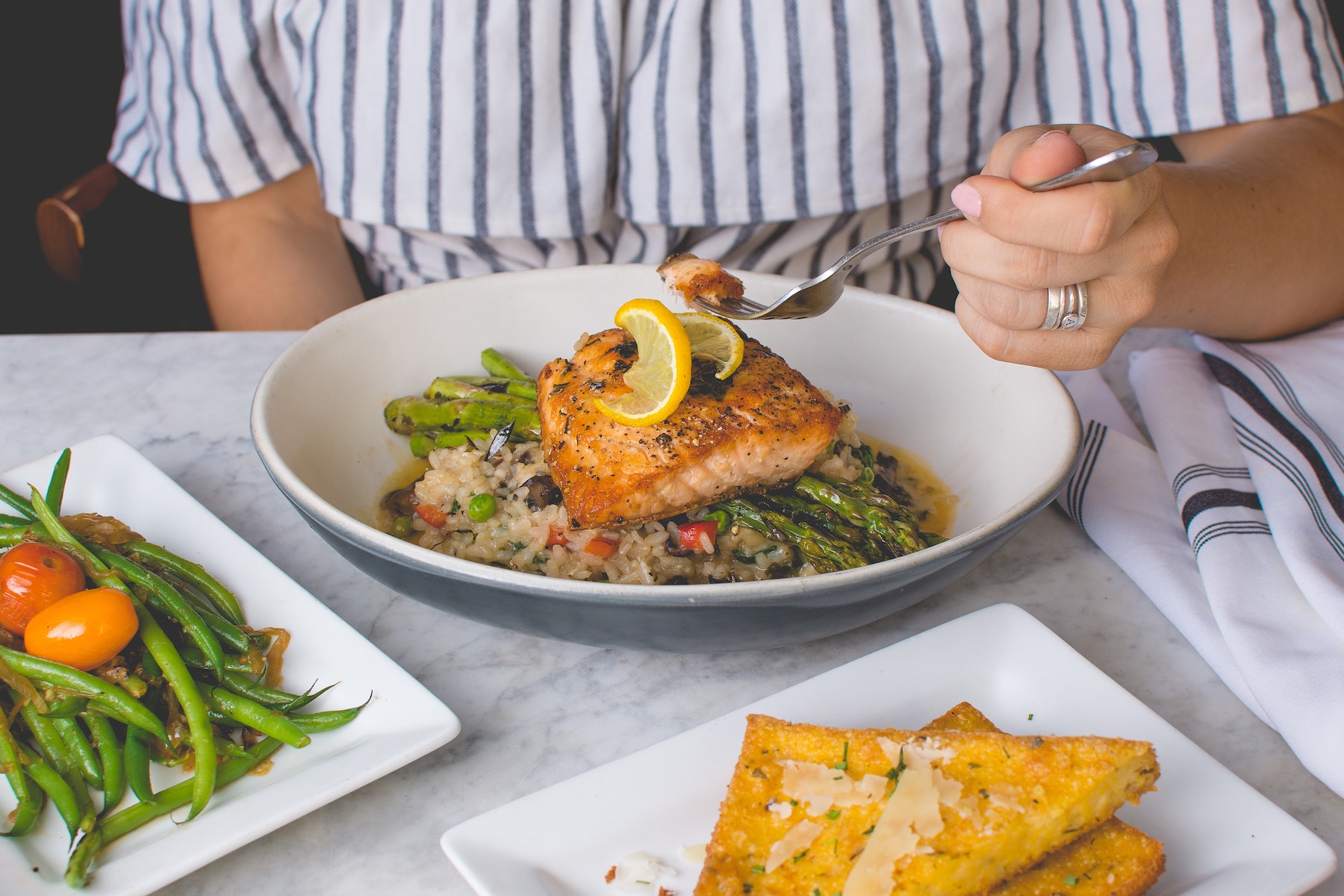
CBD is known for a host of potentially beneficial effects, from helping you cope with daily stress and pain management to reducing soreness and muscle tension. With so many favorable properties, many people wonder if CBD serves as an appetite suppressant.
There is a complex relationship between CBD and appetite. While some CBD users find that CBD oil makes them hungry, there is also evidence to suggest that CBD can support a healthy appetite or may even encourage weight loss as it supports metabolic function.
In this guide, we’ll go over some questions about CBD appetite suppression and review the best ways to make CBD oil a part of your wellness routines.
Key Takeaways:
- CBD is not known as an appetite suppressant. However, it may support your metabolism and help you maintain a healthy weight.
- CBD can help alleviate stress, improve sleep, and support your metabolism-all effects that can make it easier to stick to a well-rounded diet.
- While THC is known for causing “the munchies,” legal hemp-derived CBD products contain little to no THC..
CBD and Food Cravings
When it comes to CBD for appetite, it is important to make it known that CBD is not a direct appetite suppressant-taking it before breakfast will not necessarily affect your food intake when you are eating your plate.
However, CBD could potentially keep you from overindulging in snacks and comfort food.
You probably already know the basics of a healthy diet. For most people, the key is eating three meals that contain nutrient-dense vegetables, whole grains, and lean proteins (although other people have success with fasting diets or smaller, more frequent meals).
Yet, no matter what diet works best for your body, there are plenty of things that can get in the way of sticking to your goals. These include:
- Stress, sadness, and other bad moods
- Inadequate amounts of energy due to poor sleep and other factors
- The need to distract yourself from discomfort
When we’re feeling low, anything with high calories, sugar, carbs, salt, and caffeine are go-to remedies. But unfortunately, some of these substances can have a near-addictive effect that makes it difficult to put the bowl or cup down! Are these issues keeping you from reaching your fitness and wellness goals? If so, CBD could help.
Consumers know CBD for its ability to help boost your mood, support healthy sleep cycles, and soothe sore and tense muscles. When you’re feeling better thanks to CBD, it may be that much easier to listen to your body and find out what it really needs.
Beyond these potential effects on mood and emotion, CBD may also help to regulate your appetite and metabolism. Speculations of appetite loss, reduced appetite, or poor appetite may make it seem as if CBD is the cause of these. So, while it may seem like CBD appetite suppression is real, product use is not the direct cause of it.
Cannabinoids and Appetite
CBD is a cannabinoid-one of over a hundred naturally occurring compounds in the hemp plant, marijuana, that interact with the body’s endocannabinoid system. This system of nerve receptors extends throughout the body, and it is thought to help regulate the following:
- Sleep cycles
- Memory
- Stress
- Appetite and metabolism
- Mood
- Response to soreness and discomfort
If you have any experience with THC, you may have experienced its strong effect in some of these areas firsthand. THC binds with the nerve receptors in the endocannabinoid system to create effects ranging from drowsiness and relaxation (on the positive side) to developing an increased appetite and nervousness (on the negative side).
While the CBD cannabinoid works differently than THC most commonly found in marijuana, it impacts these same areas.
Researchers are just beginning to understand CBD’s more complex interaction with the endocannabinoid system. However, early results suggest that CBD has a more therapeutic effect, helping the body deal with disruptions to homeostasis and returning to a healthy baseline state.
Does CBD Oil Cause Weight Gain?
There is no known link between CBD cannabis oil and weight gain. At the same time, the current research on CBD and appetite suppression is quite interesting because it seems contradictory.
- People who experience nausea and have difficulty eating are sometimes given CBD in clinical settings for appetite stimulation. This can help to reduce nausea and encourage healthier food intake to regulate body weight.
- Some other studies indicate that CBD could actually help encourage weight loss.
What could account for this contradiction?
It’s possible that CBD helps people who are undernourished to overcome nausea and food aversion through appetite stimulation. On the other hand, it may help with reduced appetite and cravings for those who tend to overindulge as a result of stress.
Of course, there are other possible explanations. For example, some unscrupulous CBD companies might not meet their label claims, thus creating a supposed CBD product that contains higher levels of the appetite-stimulant THC.
How CBD Type and Quality Could Affect Appetite
As we’ve noted, THC is sometimes associated with food cravings.
So how do you know how much THC is your CBD product?
Thanks to 2019 Legislation, hemp-derived CBD products are now legal—as long as they contain less than 0.3% THC.
But keep in mind that not all CBD products advertise the amount of CBD they contain, much less THC! Likewise, companies that do not test their products may contain more THC than is legally permissible.
Make sure to take the following steps:
- Buy your CBD from a reliable vendor that clearly states the amount of CBD per serving and lab tests their products. Look for naturally derived products.
- If you would like to avoid THC, look for CBD isolate or broad-spectrum CBD . CBD isolate contains CBD without any of the other naturally occurring compounds in the hemp plant. Broad-spectrum CBD contains other cannabinoids and terpenes, excluding THC.
Many people enjoy full-spectrum CBD from reliable sources without side effects like increased appetite. But your choice is up to you! Take your CBD and THC consumption into your own hands.
CBD Dosage for Vitality
Now that you’ve learned about CBD’s potential to support a healthy appetite, metabolism, and overall well-being, let’s discuss the best ways to incorporate it into your routine!
First of all, we’ll note that most people find that CBD works best when used on a daily basis. Regular CBD can help your body achieve the levels of rest and repair that you need to feel vibrant and energetic.
What’s the best CBD product for you? How should you take your CBD? How much should you take?
Let’s review the options.
CBD Oil
CBD oil is a versatile, efficient CBD delivery mechanism. CBD is easily absorbed across the mouth’s mucous membranes, so holding oil under your tongue is one of the fastest ways to enjoy its effects.
But you can also add your CBD oil to smoothies, tea, or even baked goods to enjoy its benefits.
Many people find that a daily 20 mg CBD dosage is a great starting dose of CBD oil. Try taking it in the morning so that you can observe its effects over the course of a day.
After about a week of use, you can experiment with taking a second 20 mg dose of CBD at night.
What kind of CBD oil is right for you?
- Full-spectrum CBD oil – Some studies indicate that CBD works best alongside THC, CBG, CBN, and other naturally occurring compounds derived from the hemp plant. Together, they may produce an “entourage effect,” where different cannabinoids and terpenes enhance each other’s efficacy. Resilience full-spectrum CBD oil is lab-tested to ensure it does not contain more than 0.3% THC. That means it shouldn’t make you hungry.
- CBD isolate – If you’d prefer to experience the pure, unadulterated effects of CBD alone, try CBD isolate. This oil doesn’t contain THC (or any minor cannabinoids and terpenes).
As you become more experienced with CBD, you may find that you want to take more or less than 20 mg. A dropper makes it easy to adjust your dose.
As you become more familiar with the product and how your body reacts to CBD, you’ll be able to better determine the best CBD dosage for your body. Let your intuition guide you, and don’t worry about taking too much. You’d have to consume much more CBD than is in a typical vial to experience any adverse effects like drowsiness or digestive discomfort.
CBD Softgels
Don’t have time for CBD oil? CBD softgels are a fast, convenient way to experience CBD’s benefits. Because the CBD is encased in gel, it should survive its trip into the digestive tract.
Each capsule contains 25mg of CBD, making dosage a no-brainer.
- Choose “Pure” Softgels formulated with broad-spectrum CBD to enjoy the entourage effect without the inclusion of THC.
- Rest Softgels contain broad-spectrum CBD along with sleep-supportive melatonin.
CBD Topicals
Ingesting CBD via capsule, softgel, or CBD gummies is a great way to enjoy the potential systemic benefits of CBD.
However, CBD is also there when you need targeted support for physical discomfort. Likewise, when CBD is absorbed transdermally (through the skin), it is unlikely to affect your appetite or metabolism. Instead, you can enjoy a more concentrated dose of CBD exactly where you need it.
Try out options like the following:
- CBD body lotion
- CBD sports cream
- CBD bath bombs
As discussed, a CBD user can experience benefits including increased relaxation and reduced muscle tension, but some speculate that appetite suppression may be one as well. While there isn’t concrete research showing that CBD contributes to appetite loss or increased appetite, it can encourage a healthy appetite and healthy weight considering how it interacts with and helps regulate your endocannabinoid system.
Are you Craving Resilience CBD?
When you’re looking to uplevel your health and wellness, naturally derived CBD can be one of your biggest allies. CBD helps to support your physical and emotional health so that it’s easier to conquer food cravings, stick to a healthy diet, and meet your exercise goals.
Shop our line of full-spectrum, broad-spectrum, and CBD isolate products to meet your specific needs today!
 Written by: Michael Tatz | Linkedin
Written by: Michael Tatz | Linkedin
Michael Tatz is the Co-Founder of Resilience CBD, and a passionate leader in the health & fitness world helping others rise to and crush their wildest goals. A former Division 1 college wrestler, Army Officer, and investment manager at Goldman Sachs, he has pushed his body and mind to the limits on the mats, dressed in camo, and in the boardroom.
Today, he spends his time leading Resilience CBD to develop the absolute best recovery products for athletes everywhere. Resilience was founded after CBD personally impacted Michael’s life, and the brand was built to partner with everyday athletes in pursuit of conquering their most difficult challenges, rebounding after their toughest performances, and rising to their goals that once seemed impossible.
Sources:
- Neuroscience Letters. Cannabidiol decreases body weight gain in rats: involvement of CB2 receptors. https://pubmed.ncbi.nlm.nih.gov/21172406/
- Farm Bureau. USDA Releases Long-Awaited Industrial Hemp Regulations. https://www.fb.org/market-intel/usda-releases-long-awaited-industrial-hemp-regulations#:~:text=The%202018%20farm%20bill%20legalized,a%20THC%20threshold%20of%200.3%25


